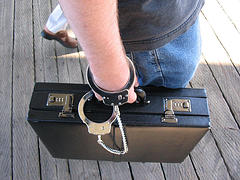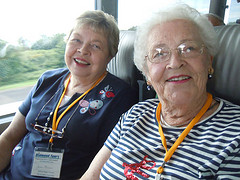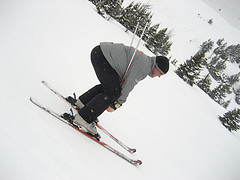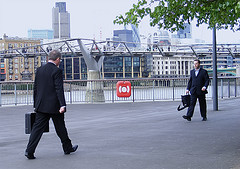 Business owners and employees are increasingly aware that western businesses are often targets of attacks rather than the U.S. government. As companies grow and expand their businesses into global markets, their employees face the risk of working in remote and politically sensitive areas around the world.
Business owners and employees are increasingly aware that western businesses are often targets of attacks rather than the U.S. government. As companies grow and expand their businesses into global markets, their employees face the risk of working in remote and politically sensitive areas around the world.
Businesses that fail to address the situation and protect their employees may be facing the loss of employees as they choose to take safer positions with less risky travel requirements.
Businesses can, however, protect their employees with travel insurance protection that provides for the specific risks business travelers face, including:
- medical and dental emergencies
- emergency medical evacuations
- political and security evacuations
- kidnap and ransom protection
See our complete business travel insurance tutorial to understand the risks and determine what coverage you and your employees need before their next trip.
Do this, and as a business owner, you just might save yourself and your employees a whole lot of headaches.




